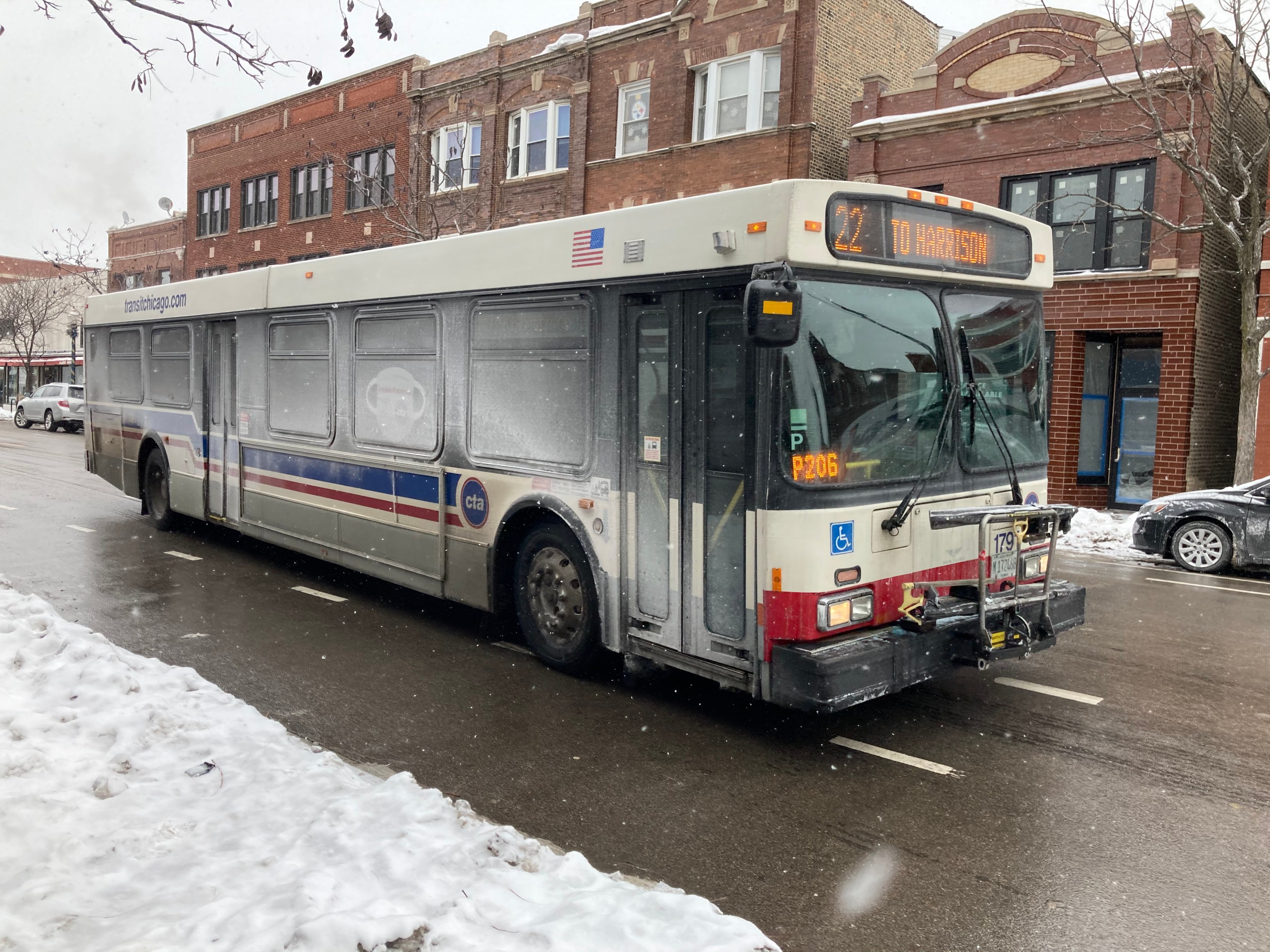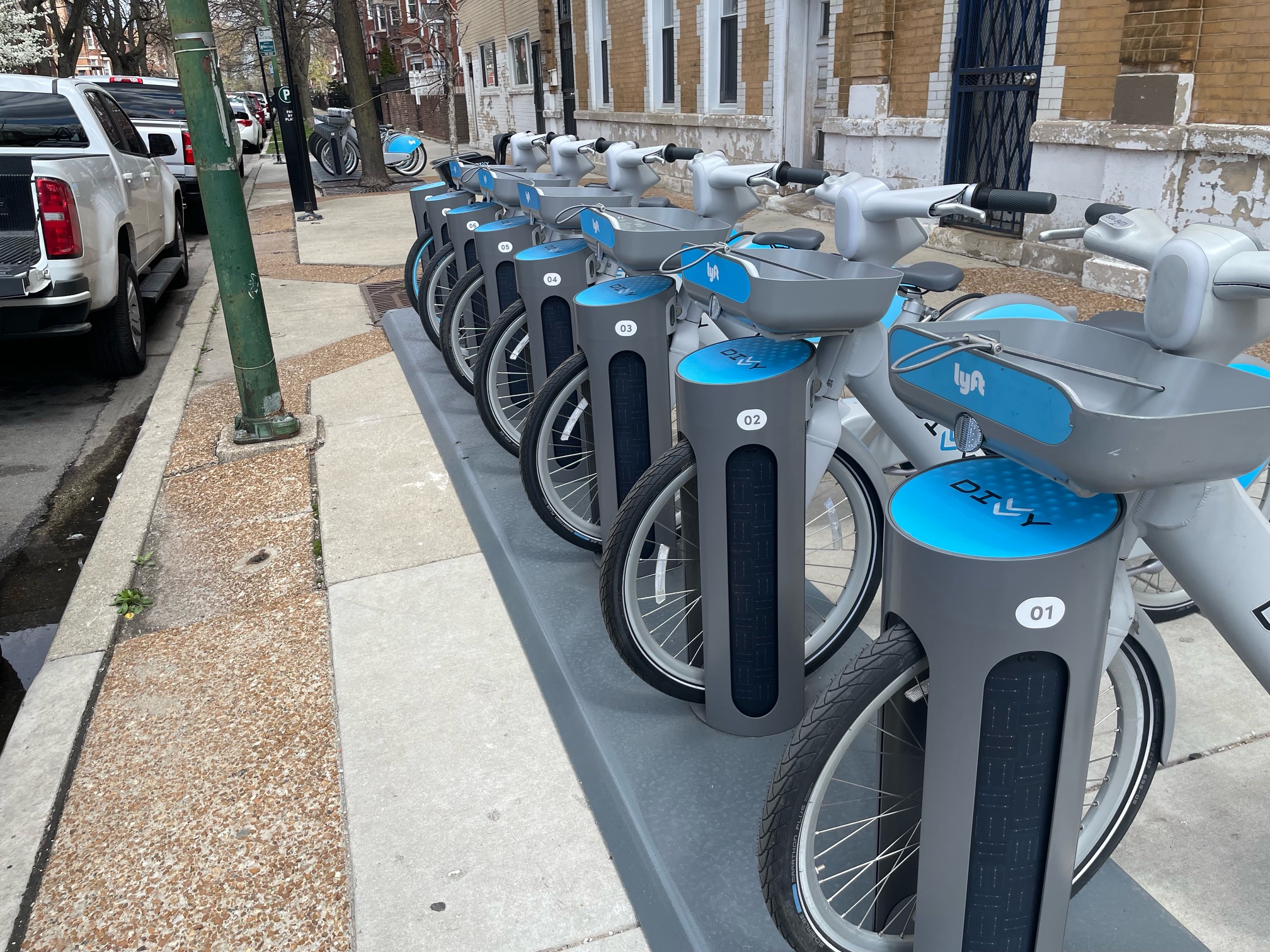Earlier this week I razzed the CTA a bit about their purchase of up to 600 so-called "clean diesel" buses. Arguably, “clean diesel” is an oxymoron, and the CTA should be instead turning to more sustainable options. Notably, the agency’s announcement of the purchase made no mention of these vehicles being more fuel efficient, or producing fewer emissions, than their current buses.
After publication, the CTA reached out with additional info about the new buses, and their plans to go electric by 2040. "The CTA is fully committed to converting to an all-electric bus fleet, and has already taken significant steps toward that goal," the agency said in a statement. "After being the first major U.S. transit agency to test [electric] buses in revenue service in 2014, we placed an order for 20 all-electric buses in 2018. We’ve taken delivery of the first group of those buses, which will go into service later this spring."
The statement argued that conversion to an all-electric fleet is a process that takes years, and occurs incrementally. However, it's worth noting that Shenzhen, China, a city with over four times the population of Chicago and more than eight times as many municipal buses (16,000 versus 1,864) has already electrified its entire fleet.
"More than just purchasing buses, this process requires a significant commitment of planning, engineering, design and construction of a brand-new bus operations and maintenance system that includes a comprehensive system of charging infrastructure, both at garages and along routes," the CTA said. "Further, electric bus technology is still in its infancy, and the industry doesn’t yet have the ability to produce large quantities of buses." Again, that last statement makes no sense in light of what's going on in China.
The CTA added that while the new "clean-diesel" buses will be similar to their current vehicles, the new buses will meet 2021 EPA emissions requirements and are more fuel efficient than older models. "Importantly, the new Nova buses are equipped with a Diesel Particulate Filter, which is designed to remove particulate matter or soot from diesel emissions, as well as Selective Catalyst Reduction technology, which reduces toxic emissions by converting NO and NO2 to molecular nitrogen and oxygen," the agency said. "The 6400-series buses that are being replaced predate the 2003 EPA emissions and as such didn’t include the EPA mandated emission reduction technologies."
The CTA says that when compared to the 6400-series manufactured in 2000-2002, the first 100 buses from this order will offer the following emission improvements:
- 94.4% reduction in nitrogen oxides (NOx)
- 95.7% reduction in particulate matter (PM2.5)
- 95.1% reduction in hydrocarbons (HC)
- 96.7% reduction in carbon monoxide (CO)
- 28% reduction in carbon dioxide (CO2)
- 28% reduction in fuel (or 435,540 fewer gallons of fuel)
So, for what it's worth, those are the CTA's claims about the environmental benefits of the new "clean diesel" buses over their current vehicles.




